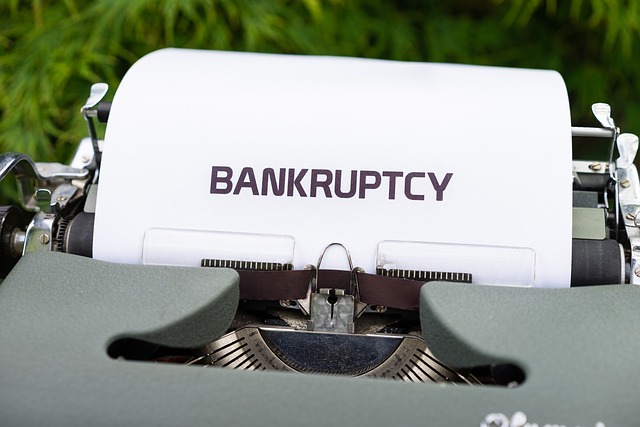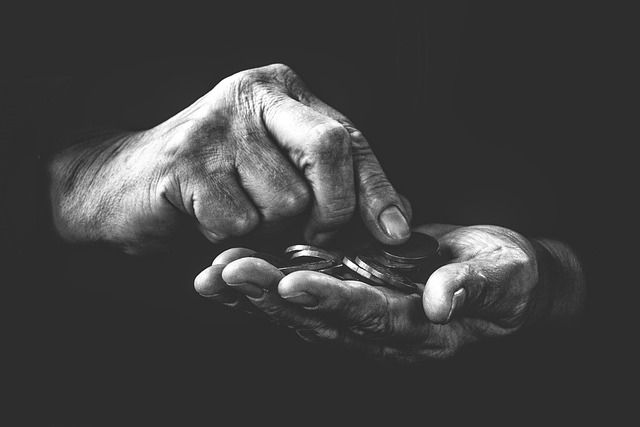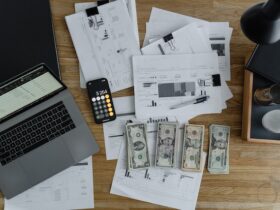Becoming bankrupt in the UK involves a legal process with profound implications for one’s financial and legal standing. This status typically arises from an individual’s inability to meet their debts, triggered by factors such as County Court judgments or creditor petitions.
Introduction
Understanding the circumstances leading to bankruptcy is vital, encompassing financial challenges, legal complexities, and potential societal consequences. Before embarking on this path, individuals must grasp the gravity of the situation and recognize the importance of exploring alternatives.
In this article, Hudson Weir insolvency practitioners London shed light on the multifaceted aspects of bankruptcy, emphasizing the need for a comprehensive understanding of its implications and the exploration of viable alternatives before reaching a decision.
What Are the Implications of Bankruptcy
Bankruptcy carries significant legal and financial ramifications, profoundly impacting various aspects of an individual’s life. One of the foremost consequences is the relinquishment of control over assets. Upon declaring bankruptcy, an appointed trustee assumes control, to liquidate assets to repay creditors.
Financial activities become subject to strict restrictions, limiting the bankrupt individual’s ability to engage in certain transactions. The credit rating takes a severe hit, making it challenging to secure loans or credit in the future. This adverse impact extends into personal and professional realms, creating hurdles in obtaining credit, potentially restricting job opportunities, and leading to a social stigma associated with financial hardship.
Alternatives to Bankruptcy
Before opting for bankruptcy, individuals facing financial challenges have several alternatives to consider, each with its unique set of advantages and disadvantages. One option is a Debt Management Plan (DMP), which involves negotiating reduced payments with creditors, making it more manageable for the debtor. However, DMPs might extend the overall repayment period, and creditors are not obligated to freeze interest or charges.
Individual Voluntary Arrangements (IVAs) provide a formal agreement between the debtor and creditors to repay a portion of the debts over a set period. While IVAs offer legal protection from creditors and may result in the remaining debt being written off, they can impact credit ratings and usually involve fees.

Another alternative is Debt Relief Orders (DROs), suitable for those with lower debt levels and minimal assets. DROs provide relief for a year, after which, if the financial situation hasn’t improved, the remaining debts may be written off. However, strict eligibility criteria apply, and DROs negatively affect credit ratings.
How to Declare Bankruptcy
Declaring bankruptcy in the UK involves several steps and can be initiated by the individual themselves or by creditors.
Self-petitioning is a voluntary act where an individual acknowledges their insolvency and initiates the bankruptcy process. This often follows a careful consideration of financial circumstances, consultation with financial advisors, and a realization that bankruptcy is the most viable option.
Alternatively, creditors can petition the court to declare an individual bankrupt if they are owed £5,000 or more. This typically follows failed attempts to recover debts through other means like court orders or statutory demands.
Upon filing for bankruptcy, an official receiver or an insolvency practitioner is appointed as a trustee to oversee the process. The trustee plays a crucial role in assessing the individual’s assets, selling them to repay creditors, and ensuring compliance with bankruptcy terms.
Assets are realized, meaning they are sold to generate funds for repaying creditors. This can include properties, vehicles, and other valuable possessions. The proceeds from these sales are then distributed among the creditors based on a legally determined hierarchy.
Compliance with the terms of bankruptcy is paramount. Failure to cooperate can result in an extended bankruptcy period or additional restrictions. Bankrupt individuals are typically subject to certain restrictions during the bankruptcy period, such as limitations on obtaining credit and running a business.

Life After Bankruptcy
Embarking on life after bankruptcy involves a deliberate and strategic approach to rebuilding both credit and financial stability. One of the immediate impacts of bankruptcy is a substantial hit to an individual’s credit rating. This can make obtaining future credit challenging, and if approved, it often comes with higher interest rates.
Rebuilding credit post-bankruptcy in the UK is a gradual process. Individuals are encouraged to start by obtaining a secured credit card, which requires a cash deposit and is generally easier to qualify for. Making timely payments and maintaining low balances on this card can contribute positively to credit rebuilding.
Developing and adhering to a strict budget is paramount. Learning from past financial mistakes, individuals must focus on disciplined spending, prioritizing necessities, and avoiding unnecessary debts. Creating an emergency fund can serve as a financial safety net, preventing reliance on credit in times of unexpected expenses.
Seeking professional advice is a crucial step in navigating the complexities of post-bankruptcy financial management. Financial advisors can provide personalized guidance on budgeting, saving, and rebuilding credit. They may also help individuals explore alternative financial tools and products designed for those with impaired credit.

Despite the challenges, bankruptcy offers an opportunity for a fresh start. By implementing sound financial practices, individuals can gradually rebuild their financial lives. Learning from past mistakes and being proactive in financial education can prevent future difficulties and instill a sense of financial discipline.
Conclusion
Navigating bankruptcy in the UK demands a comprehensive understanding of its implications. This article emphasized the legal and financial consequences, highlighting the loss of control over assets and the impact on credit. Emphasizing the significance of exploring alternatives before declaring bankruptcy, it encourages individuals to seek professional advice.
Despite the challenges, the conclusion underscores the potential for a fresh start post-bankruptcy. It concludes by stressing the enduring value of financial education and discipline in preventing future hardships, providing a hopeful outlook for those on the path to rebuilding their financial lives.












Leave a Reply